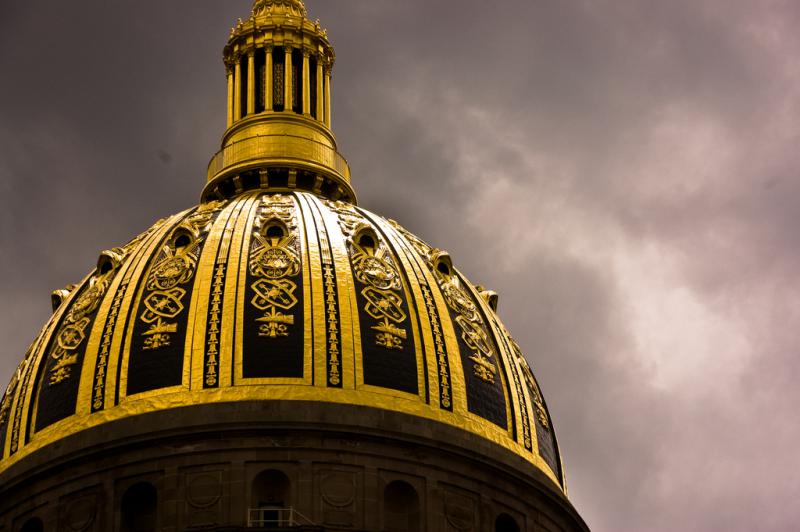
As a budget shutdown looms in West Virginia, lawmakers in the House and Senate have now both passed balanced budgets that reject the tax hikes called for by Democrat Governor Jim Justice. After vetoing a balanced budget earlier this year, lawmakers were called back into Special Session and asked to raise taxes yet again by a Governor who ran for office – this time with a revitalized call for a transportation bonding, gas tax, and DMV/car tax scheme.
Both chambers of the legislature, which is under control by Republicans, have passed balanced budgets, however. In response to ongoing budget discussions and the debate over tax reform, ATR President Grover Norquist sent a letter to lawmakers this morning.
The full letter from Grover can be read here:
Dear Members of the West Virginia Legislature,
I write today in support of a FY 2018 budget that relies on spending restraint instead of tax increases to fund the government beginning on July 1.
Despite running for office promising not to raise taxes, Gov. Jim Justice kicked off the 2017 legislative session calling for the largest tax hike in West Virginia history. He has vetoed a balanced budget and called for even more reckless spending while doubling down on his push for tax hikes. We have urged lawmakers to stand strong against Gov. Jim Justice’s call for job-killing tax increases from day one and as a government shutdown looms, we urge lawmakers to remain opposed to out-of-control government growth, spending, and net tax hikes.
For months, the House, Senate, and Governor have debated two distinctly separate issues: how to solve an overspending problem and the identity of West Virginia’s future tax code, an important element of making the Mountain State a more appealing place to raise a family and start a business. After the most recent votes in the House and Senate, both chambers have now passed balanced budgets that reject tax hikes.
The second question before the House and Senate is on the topic of tax reform. Tax reform must not be a Trojan horse for tax increases, as the governor has insisted. But tax reform is a multi-year process. Tax cuts can absolutely be phased in to make the full impact of a tax reform plan revenue neutral for taxpayers at worst. This can be achieved through reasonably conservative revenue triggers or through mandatory reductions over several years. Reducing the impact of the personal income tax should remain a top priority for lawmakers. Taxing earnings discourages savings and reduces a state’s competitiveness.
ATR also urges lawmakers to reject gas tax increases that are not paired with offsetting tax reductions elsewhere. If transportation is truly a legislative priority, it should be funded first with currently collected revenue, not last with bonds, fees, and higher gas taxes on families and commuters. Raising taxes is what lawmakers do instead of reforming government to make it cost less.
Any net tax increase will be scored as a violation of the Taxpayer Protection Pledge, the written commitment many lawmakers have made to West Virginia voters. We will continue to monitor these issues and will be educating taxpayers on the outcome of the budget and tax reform.
For a list of signers of the Taxpayer Protection Pledge in West Virginia, click here.

